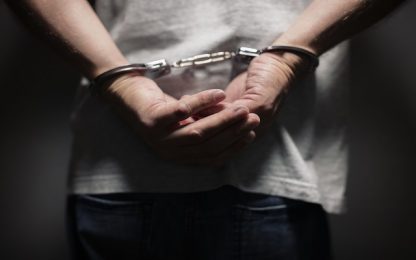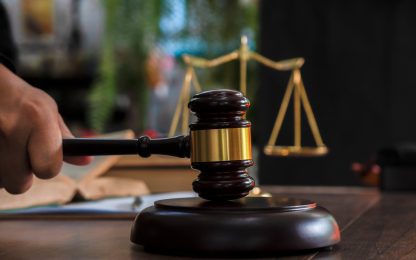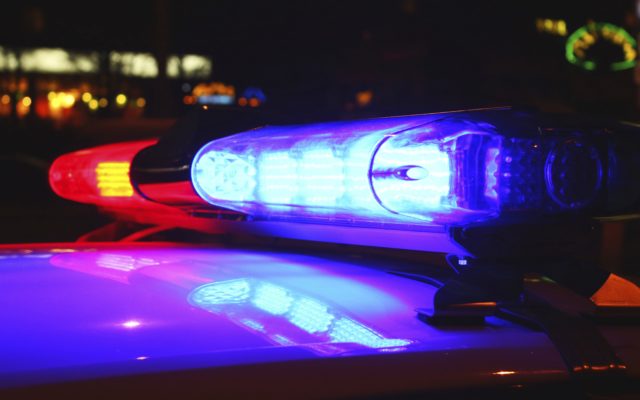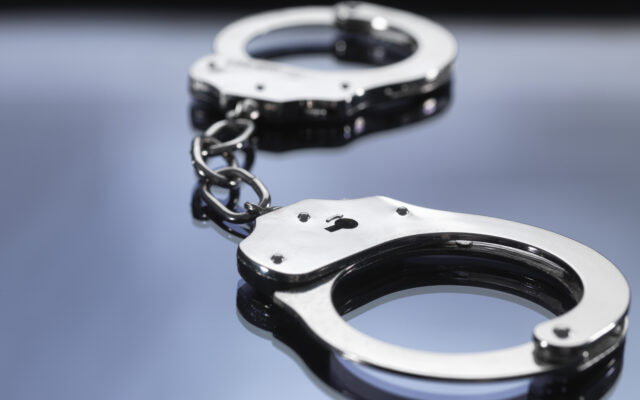Wisconsin wedding barns sue over state’s new liquor law requiring licensing
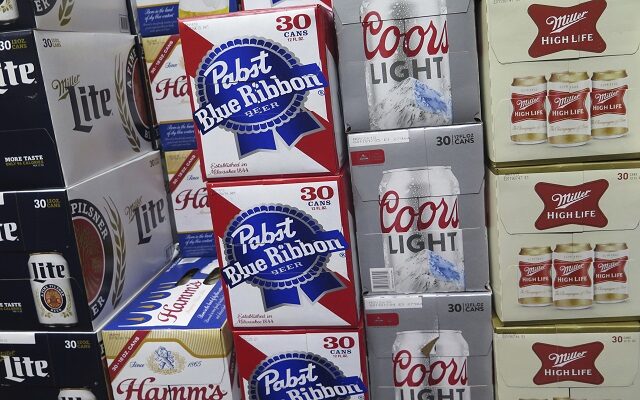
By SCOTT BAUER Associated Press
MADISON, Wis. (AP) — A pair of Wisconsin wedding barns sued the state Tuesday seeking to block enactment of a new law that requires them to get liquor licenses similar to other establishments that host events.
Owners and operators of wedding barns tried unsuccessfully last year to kill the law that overhauled regulation of the state’s multibillion-dollar liquor industry. The changes had been worked on for years, gaining buy-in from both Republicans and Democrats, large and small brewers, wholesalers and retailers.
Farmview Event Barn, located in Berlin, and Monarch Valley Wedding & Events, in Blair, filed the lawsuit against the Wisconsin Department of Revenue. Patty Mayers, the assistant deputy revenue secretary, declined to comment on the lawsuit.
The new law affects every level of the state’s alcohol industry, governing the licensing, producing, selling and distribution of beer, wine and liquor. That includes new requirements on predominantly rural facilities often located on farms that host wedding receptions and other events, but aren’t traditional bars, restaurants or entertainment venues.
The new law requires such venues to either get a permit or license to sell or allow alcohol legally starting in 2026. Currently, wedding barns and other private event venues don’t need liquor licenses to operate, and many contract with licensed vendors to provide alcohol at events.
Under the law, wedding barn owners could either get a permit that would allow them to host events six times a year or no more than once a month — or obtain a liquor license that would allow them to sell alcohol at as many events as they wish.
The lawsuit, filed in Trempealeau County Circuit Court, alleges that the law violates equal protection guarantees and the right to earn a living under the Wisconsin Constitution by imposing an illegal, non-uniform tax.
“The effect of the new regulatory framework, if not the intent, is to prevent competitive innovation in the wedding venue industry,” the lawsuit filed by the Wisconsin Institute for Law & Liberty argues. “The government lacks any power to engage in cronyism.”
Neither of the wedding barns that filed that lawsuit has a liquor license. They also don’t sell or provide alcohol, but both allow for those who rent the facility and their guests to bring alcohol and consume it on site.
Bars, restaurants and operators of other event facilities have argued for years that this gives wedding barns a competitive edge.
The lawsuit also argues that the law allows for exemptions that are unconstitutionally arbitrary and nonsensical. Exempt properties include those owned by municipalities, schools, churches and clubs, and venues located in a professional stadium district, including parking lots around Lambeau Field in Green Bay and American Family Field in Milwaukee.
Daniel Gallagher, owner of Monarch Valley Wedding & Events, said requiring his business to be a liquor retailer in a dry township will cause him to go out of business.
Jean Bahn, owner of the Farmview Event Barn, said hosting weddings “allows us to pay for upgrades to our home and farm equipment to keep our farm up and running. This legislation was designed by special interests in Madison to limit competition, and that’s not right.”

